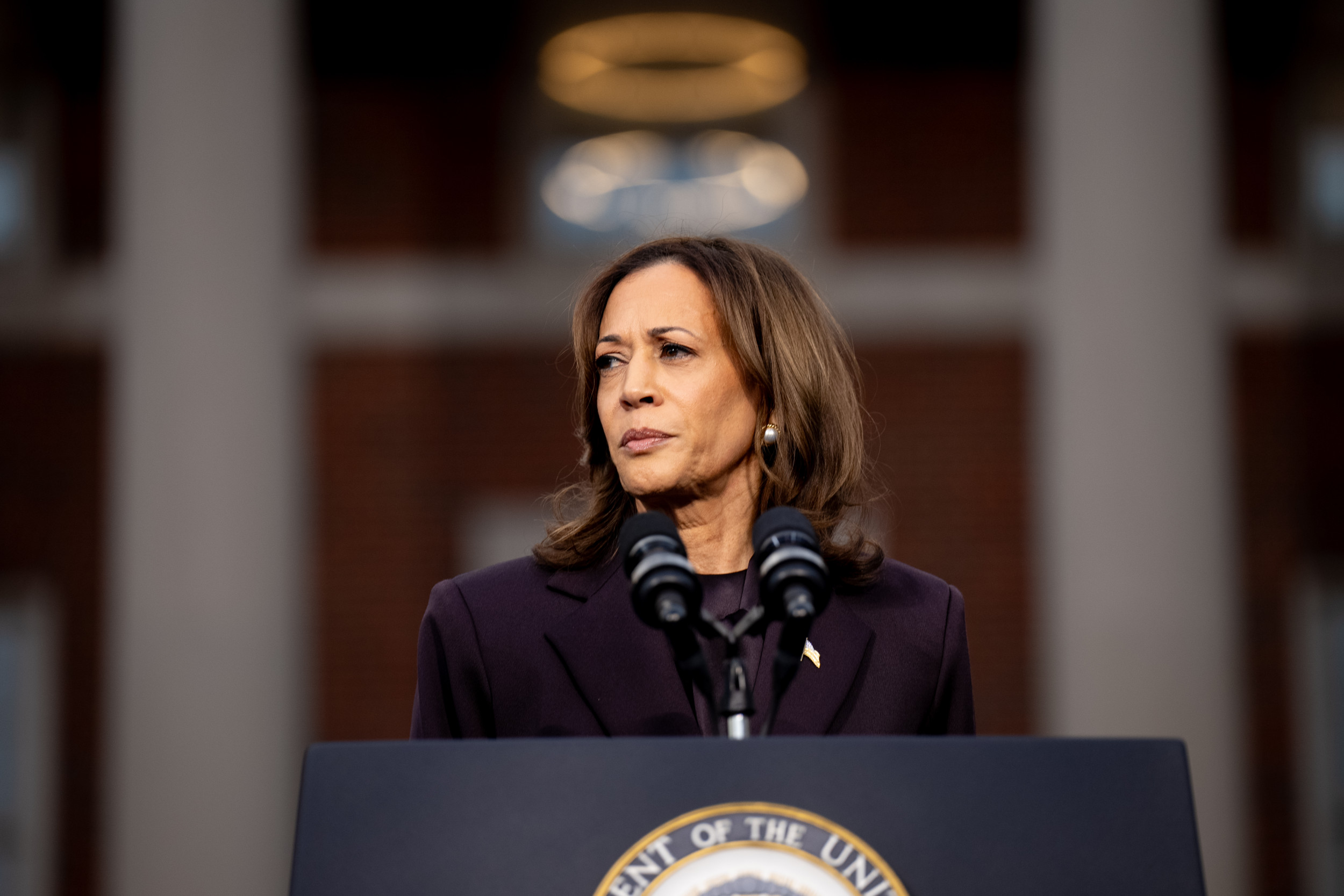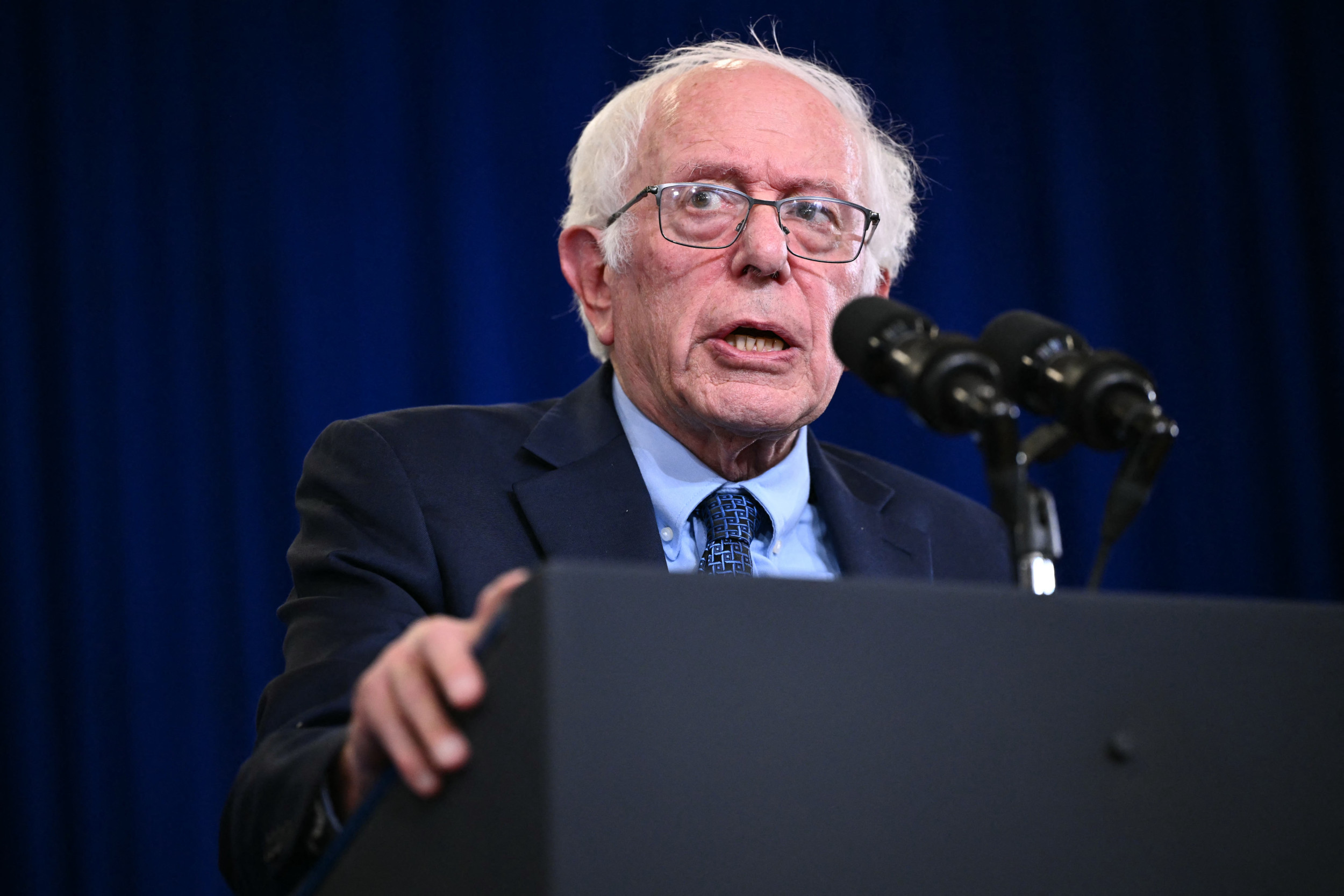Here’s a warning and an admonition written in January 2019 by author and organizer Jonathan Smucker: “If the Dem Party establishment succeeds in beating down the fresh leadership and bold vision that's stepping up, it will effectively enable the continued rise of authoritarianism. But they will not wake up and suddenly grasp this. It's on us to outmaneuver them and win.”
If you’ve been alive since then, you know that whoever the “us” was did not, in fact, outmaneuver them. Instead, the effort to build a multiracial working-class coalition was outmaneuvered by Democratic Party leaders. The progressive wing was subsequently allowed in by Joe Biden as a junior party in his coalition, and he was able to knock Donald Trump out of the White House. Under the Kamala Harris campaign, amidst a yearlong genocide in Gaza, that progressive wing was transitioned to silent partner at best, hostile faction at worst. Harris spent more time campaigning with Liz Cheney and Mark Cuban than Shawn Fain, the Sanders-esque leader of the United Auto Workers, fresh off his union’s historic victory in a strike against the Big Three automakers, who represent the pride of the industrial Midwest. The Washington Post managed to call her loss, mystefyingly, “a stinging verdict for the American left.“
Harris made lots of mistakes — not doing an interview for a month, hewing closely to Biden for no reason, not explaining why she changed positions, etc. — but her defeat was sweeping enough that we need to look for deeper structural answers. Smucker’s warning, that smothering the reform wing of the party would make it too weak to stand up to Trump, made sense at the time and is prophetic today. I’ve tracked the years-long arc of that ultimately losing fight with my colleague over at Breaking Points, Krystal Ball, and early this morning she put her thoughts on it into a short essay that we’re publishing below.




